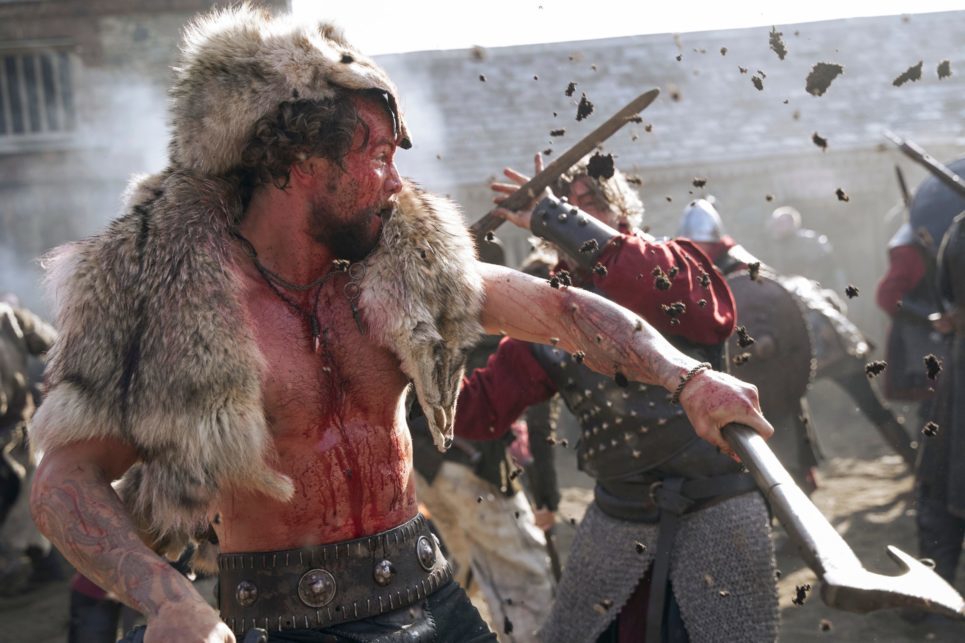Netflix recently debuted Vikings: Valhalla, the sequel to the hit show, Vikings, which originally aired on the History Channel. This tale, taking place 100 years from the original show, features a number of well-known historical figures. Here are the true stories behind some of the show’s most colorful characters. Be advised, the historical backgrounds may provide spoilers for the show.
Leif Erikson
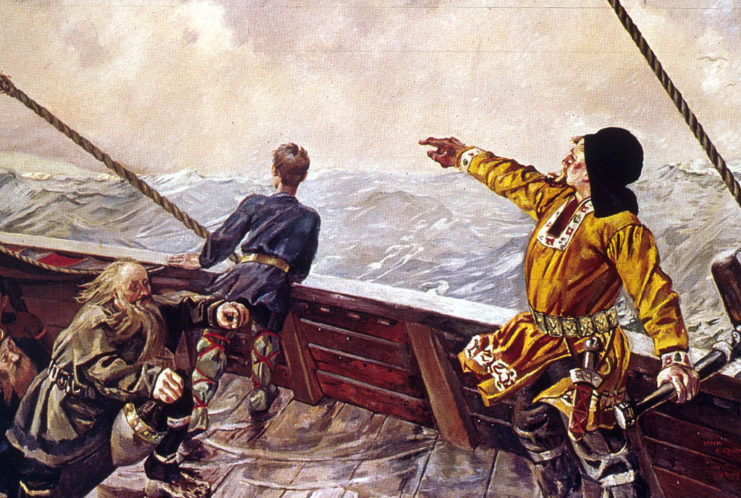
It is assumed that Leif Erickson was born in Iceland, the son of legendary explorer Erik the Red. After Erik was banned from Iceland, he was raised by Tyrker, one of his father’s thralls.
Like in the show, Erickson was a fierce warrior but was also thought to be wise and considerate. And like his father, Leif Erickson was a keen explorer. Erickson is most famed for being the first explorer to set foot in North America. Vinland, the settlement found by Erickson around 1000 CE, is assumed to be in Newfoundland. Vinland was settled nearly 500 years before Christopher Columbus landed in America.
Prince Edmund
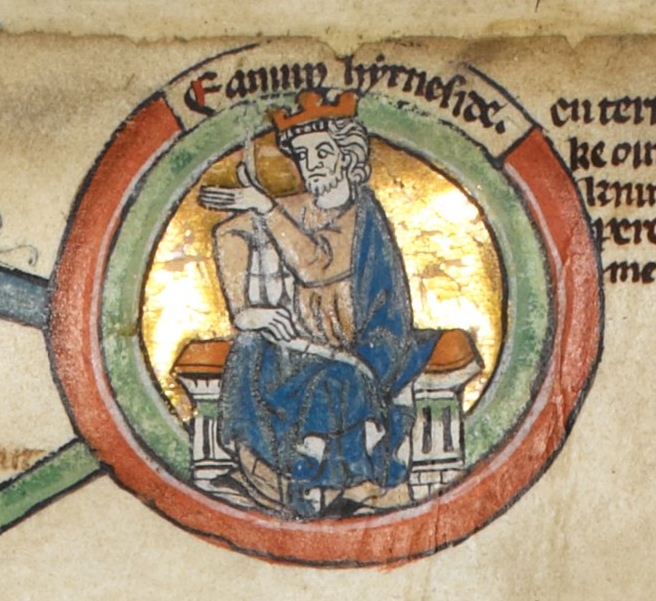
In the show, Prince Edmund is presented as an unlikely King. And that was true in real life. Edmund had two older brothers, Ethalstan and Egbert, but they both predeceased their father Æthelred. He had plenty to make up for.
His father was not fondly remembered and was given the nickname, the Unready, marking his lack of preparation for battle against the Danes. Edmund was pushed to be ambitious by his stepmother Emma, formerly of Normandy, who also holds a prominent role in the show. Edmund bravely fought the Danes in five separate battles but was killed in 1016, at the age of either 25 or 26. His sons were sent off rather than taking his place, and Cnut consolidated his rule.
Freydis Eiriksdottir
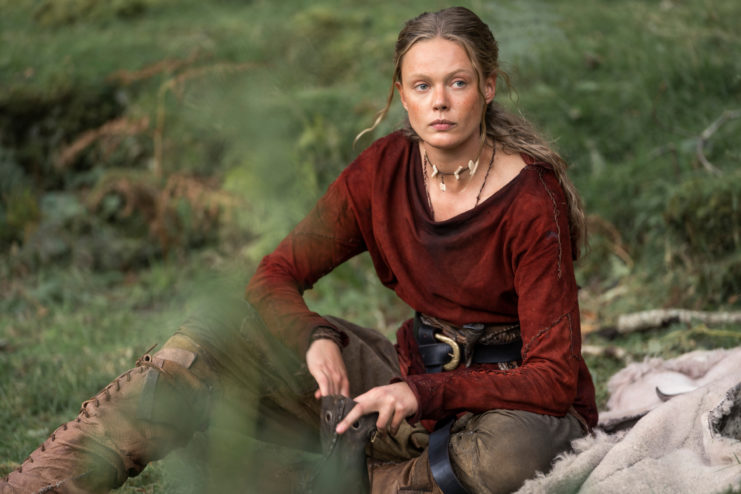
The Vikings series has made a point of highlighting some of the female heroes from the time period. In the original series, it was Lagertha, and in the sequel, it is Freydis. Freydis was the sister to Leif Erickson and the daughter of Erik the Red. Freydis, in both historical sources and in the show, is portrayed as a fearless warrior who defied stereotypes.
She joined her brother Leif during his journey to Vinland. While sources differ on her actions while in Vinland, she is always renowned for her battle prowess.
Harald Sigurdson
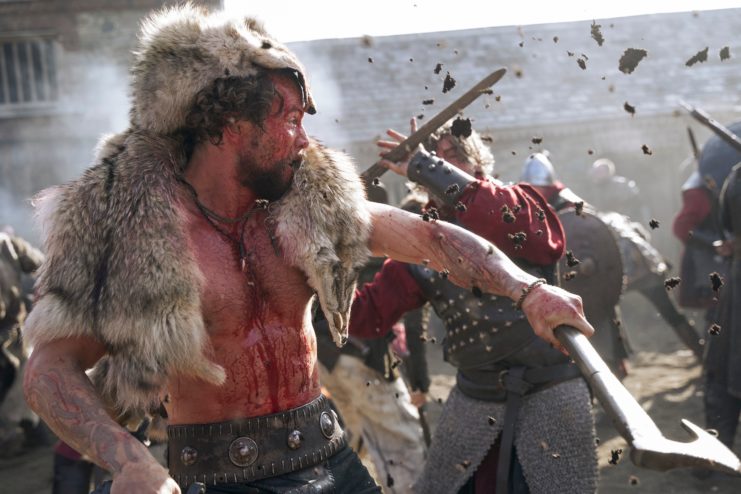
Harald Sigurdson is one of the main characters of the show and he helps to bind the world of the English and the Vikings together. The real King Harald, though, does not fit the timeline of the show. He was still a baby while most of the events of Vikings: Valhalla took place. He, of course, played a significant part in the history of both Norway and England. The long-time king of Norway, King Harald was killed at the Battle of Stamford Bridge in 1066. That battle is commonly seen as the end of the Viking era in Britain, though some of those claims are disputed.
King Canute
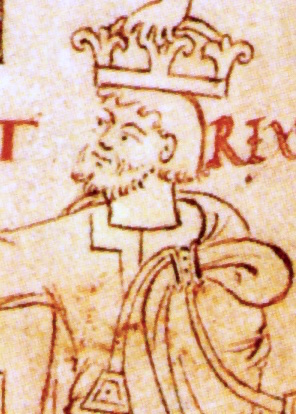
King Canute is not a major character at the outset of Vikings: Valhalla. Instead, Leif Erickson, Freya Eiriksdottir and Harald Sigurdson take center stage. But in the real history of the conflict between the Vikings and England, Canute plays a major role. Canute is remembered in history for his ability to consolidate many European countries under one flag. For a period of seven years, Canute reigned as the King of England, Denmark, and Norway. He died in November of 1035 at the age of 45.
Jarl Hakoon
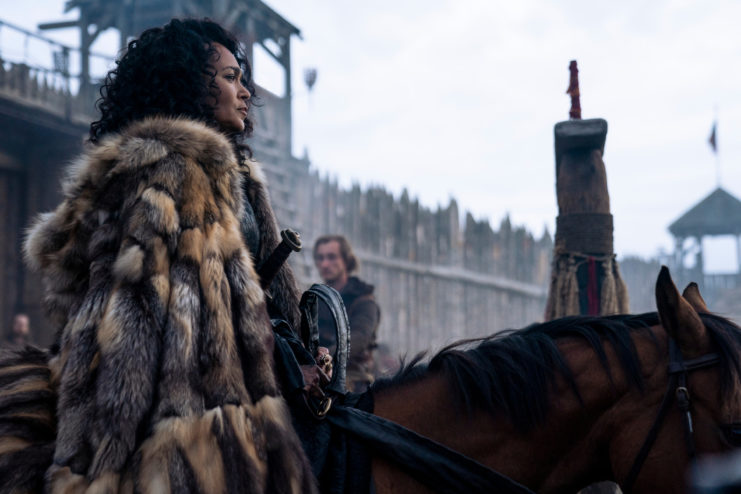
The other characters on the list all represent real-life historical figures. Jarl Hakoon, though, was created for the show. The female leader of Kattegat is widely respected by all of the Vikings. She is also of Egyptian origin and thus has darker skin than the other characters on Vikings: Valhalla. Jarl Hakoon is an amalgamation based on a number of figures from around the same time period. The creators of the show wanted to use the character just to show how diverse the Viking world had become at this point. When they would take over a country, it was likely that the people would be assimilated into their culture. And since the Vikings existed in a meritocracy, anyone of ability could take command.
